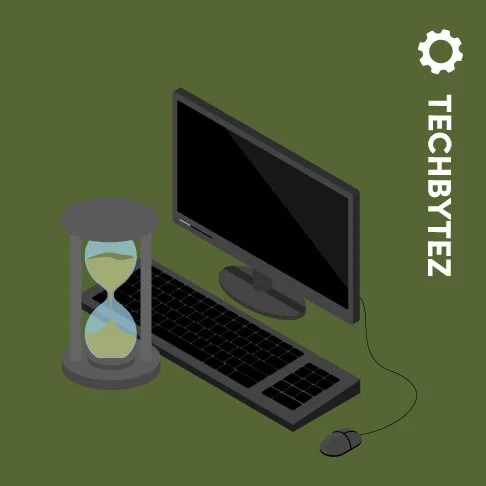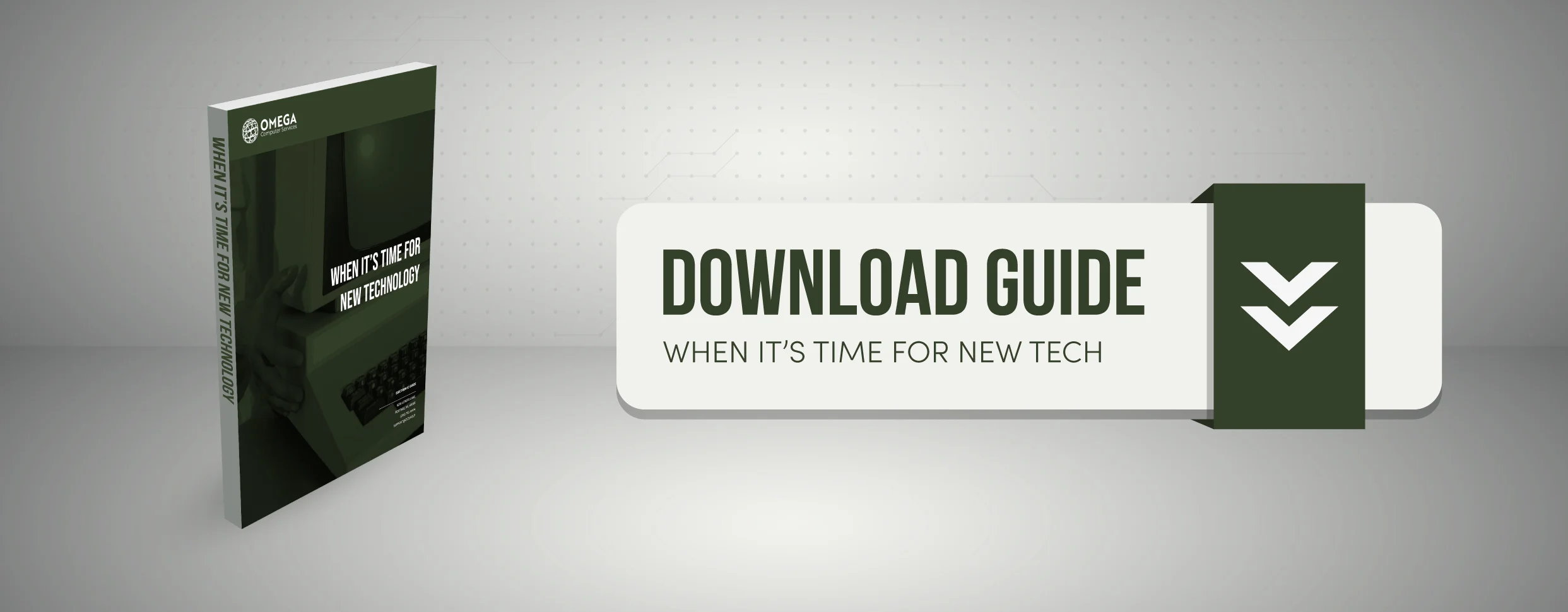The Lifespan of Your Computer
Updated: March 12, 2020
Technology has come a long way and it’s constantly evolving.
One minute, you spend a ton of your budget on new computers for the office and the next minute, they’re running slow and need an upgrade.
We’ve all been there with our computers, laptops, phones, tablets, etc.
Why is this?
Well, because technology is evolving constantly, updates on programs and software are a must.
Longevity isn’t necessarily a word that’s commonly associated with computers.
On average, a desktop computer will live at peak performance for 3-5 years.
Though if you ask most I.T. professionals and tech experts they will say 3 years.
A key rule to remember is your computer’s lifespan is over once it no longer meets your needs and upgrading is more expensive than simply buying a brand-new computer.
Not unlike a car.
The same rules apply.
If your car is totaled or needs a bunch of new parts that cost more than the car itself is worth, you’re better off bringing home a new ride and save yourself more money in the long run.
Check it out: Risks of Using Outdated Technology
Computers are an investment.
The worth of computers is dependent on how they are used and treated.
Intended use is a big factor in deciding what type of computer to get initially and how much of your budget it’s worth.
Older, outdated computers may still hang on okay for simple word processing and spreadsheets, but they definitely won’t make the cut for the average small business in 2020.
Other factors included in the 3-year lifespan of your computer include upgrades, hardware, productivity, and security.
Upgrades
The old saying really is true; you get what you pay for.
Some computers are just built better than others, so its import to do enough initial research on the computers you’re interested in and read plenty of reviews from people who are using or have used the same computer for the same purposes you intend to use it for.
Like I said, computers are an investment and not something you want to continue fixing for the next 3 years.
Check it out: How To Tell It's Time To Get a New Computer Video
Hardware
The great thing about desktops over laptops, is that if internal parts do need to be replaced, you’ll have a much easier time.
Whether it’s the RAM or a hard drive that needs replacing to help your computer speed back up or give you some more storage space, hardware upgrades like these can really help to extend the life of your computer.
But after a few hardware replacements, your time will be better spent on a new computer that can service your needs more appropriately.
See also: 5 Myths About Outdated Tech In The Workplace & What It’s Costing You
Productivity
After a couple years, your computer will begin to slow down.
With each new update, startup speed, opening programs, and other simple tasks begin to take much longer to complete than they did before.
Do you spend 10 or 15 minutes each day waiting for your computer to boot up?
That’s over an hour each week you’re losing due to a slow computer.
The problem only continues the older the computer gets.
Picture that time being reduced to just 30 seconds or less.
You would receive a lot of your own time back to begin your day instead of staring at the screen, waiting for it to light up and load your desktop.
Aside from crashing computers, a decrease in productivity could be from a lack of clear computer organization and storage.
Without proper search and organization programs, your employees will spend more time searching for files or locating information.
Using updated technology makes it simpler to store and find files, as well as streamline their workflow.
Productivity levels rise when it is easier for employees to collaborate and communicate with others effectively.
New systems allow for faster execution of tasks and the ability to communicate with others instantly.
Employees will be able to securely edit documents at the same time, even remotely.
Having accessibility to work on files outside the office allows for more time on other tasks in office.
Check it out: Your Agency Could Use an Overhaul If...
Security
Just as technology evolves, security does with it.
Security is a growing concern as threats become more complex.
Older computers don’t stand a chance against the many security threats around today.
Newer systems and programs are much more secure.
And when you are running a business, security needs to be a priority.
You don’t want to risk sensitive information at the hands of a 10-year-old desktop.
Overall, a newer computer will have a better chance of protecting itself from harm while a computer over 3 years old, will require more work to clean out once it gets infected.
Even programs like Microsoft Office, Excel, PowerPoint, and Outlook can open your network to vulnerabilities.
These may seem unrelated to overall security of your company, but if a hacker can access these files, they have opened a door to more confidential information.
Your business is especially vulnerable if you are using programs that no longer receive support or security updates.
SHARE BLOG POST







